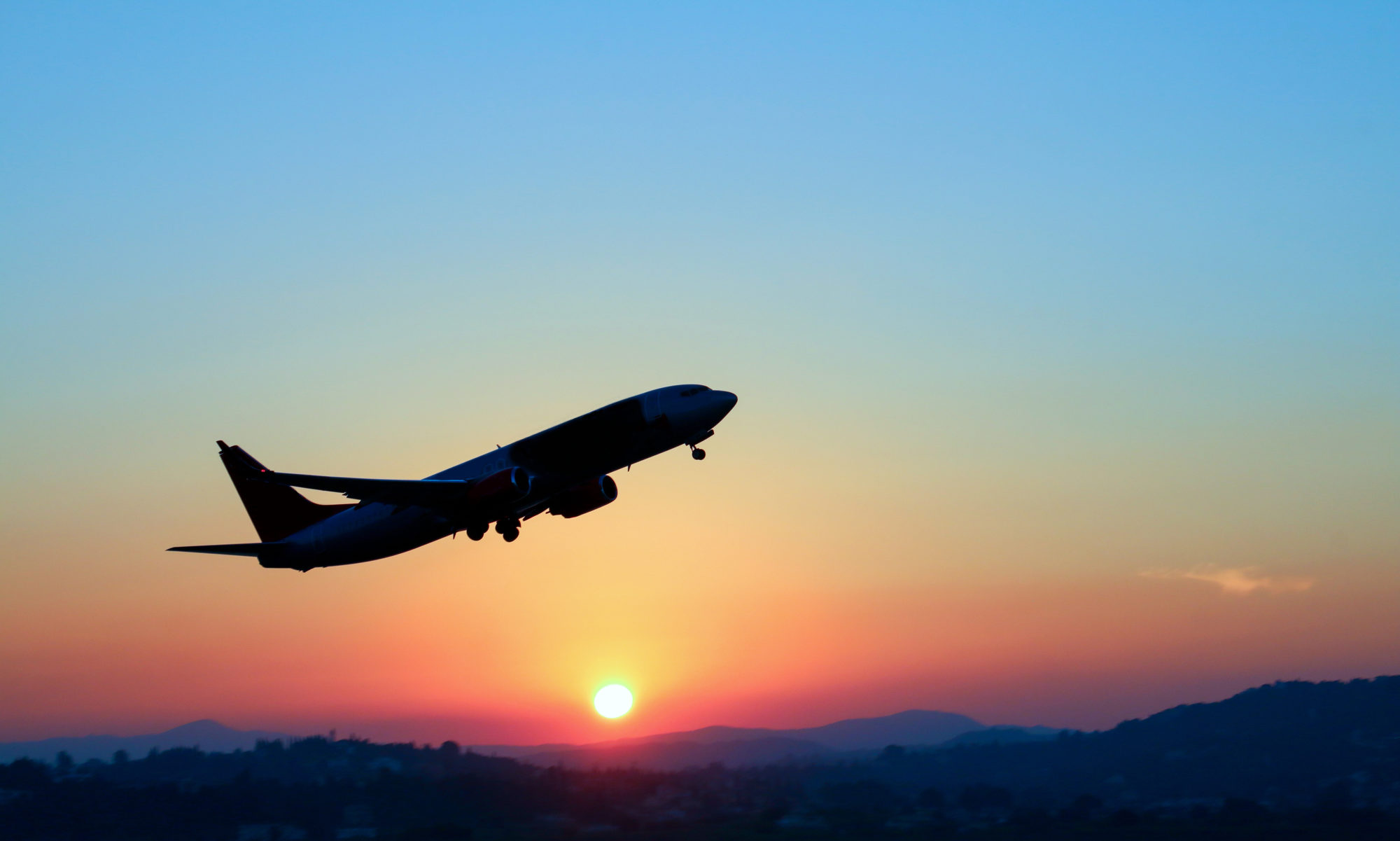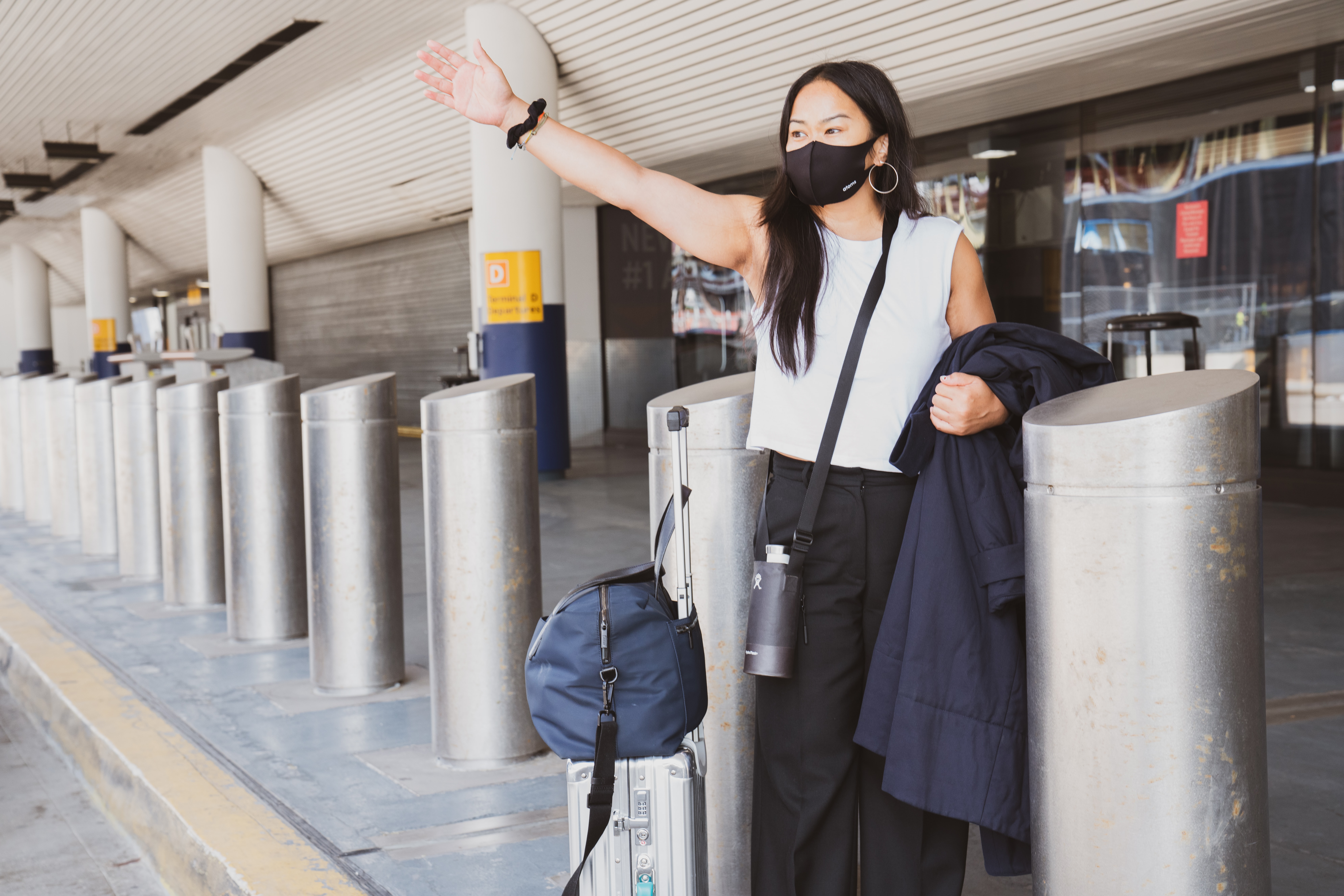As economies begin to open up—some timorously, others robustly—summer vacation travel is no longer an impossible dream… so long as you stay flexible, able to moderate your plans even up to the last minute if need be, and are prepared to compromise.
Many travel insurers as well as suppliers such as air and cruise lines, hotels, and tour operators have modified their rules to allow for late-term cancellations, cash-back rebates in lieu of travel credits, and other pandemic-related disruptions. This bodes well for travel-deprived Canadians who have learned the value of preparing for the unknown, balancing risks and rewards, and daring to make choices. As Forrest Gump wisely said: “You never know what you’re gonna get.”
Because of variations in COVID prevalence internationally, it’s unlikely that all borders will open synchronously. Even among European countries there is little harmony about inviting summer tourism. Nonetheless, we may well see more travel “corridors” between countries with similar confidence levels; more “favoured nations” travel allowances, and certainly more requirements for proof of health status and medical coverage—i.e., Spain’s health ministry has announced that it hopes to introduce vaccine or test result certificate allowances to citizens of certain countries for inbound travel this summer. So have some countries in the Caribbean.
There are also hopeful signs that the UK, which suffered especially heavy COVID losses throughout 2020, has rebounded as it has vaccinated 15 million adults in its highest-risk groups as of mid-February. It expects to have all over-50s fully vaccinated by May 2021.
In the US, Canada’s most favoured leisure travel destination, the signs of achieving immunity from COVID are also encouraging. As of February 17, 2021, Bloomberg Vaccine Tracking reports 57.4 million Americans (mostly in the higher-risk groups) have been vaccinated (in Florida at least 11.6 per cent of the population has received at least one dose and 5.5 per cent, both). With the expansion of administration sites to pharmacies, clinics, and even supermarkets, Bloomberg projects that the Moderna and Pfizer companies are on track to deliver enough doses to fully vaccinate 110 million Americans by the end of March 2021.
Given the concurrent decline in daily rates of COVID infections and deaths, there is increasing hope of soon achieving acceptable rates of immunity, and perhaps with it, a gradual freeing-up of travel restraints—at least between countries that achieve certain criteria. But that is a matter for individual nations to decide.
It’s a start—or, more precisely, a restart—of travel, a freedom Canadians dearly cherish. But that freedom does not abide negligence. Travel for the foreseeable future will require more diligence and greater attention to detail (such as that in your travel reservations’ conditions); knowledge of customs and border requirements of the countries you’re visiting or transiting through, as well as travel advisories (and restrictions) from your own government; and knowledge of the travel insurance policy you’re purchasing and how those conditions apply to your trip or destination of choice.
We also have to be realistic about our expectations. Achieving 100 per cent immunity from COVID or any other communicable disease or aiming for zero transmission is an unreasonable and unreachable goal. We have to settle for less, and we have to live in the meantime. And for many Canadians, travel is a part of living.
© Copyright 2021 Milan Korcok. All rights reserved.

